What is Dry Mouth:
Dry mouth happens when your mouth doesn’t make enough saliva. Saliva is very important because it helps you chew and swallow food, protects your teeth from decay, keeps your mouth clean, and helps you taste food. Without enough saliva, you might have trouble with all these things.
Causes, Effects, and Solutions:
Do you often feel like your mouth is as dry as a desert? If so, you might have a condition called xerostomia, also known as dry mouth. This isn’t just a minor annoyance; it can affect your dental health and overall well-being. But don’t worry! In this simple guide, we’ll explain what dry mouth is, why it happens, how it affects your teeth, and what you can do to manage it.
Why Does Dry Mouth Happen?
Dry mouth can be caused by many things, including:
Medications:
Many medicines can cause dry mouth. These include drugs for:
- Depression
- Anxiety
- Pain
- Allergies
- Colds
Aging
Getting older doesn’t directly cause dry mouth, but older people are more likely to take medicines that can cause it. Also, older adults might have health issues that lead to dry mouth.
Cancer Treatment
Chemotherapy and radiation treatments can change how much saliva your mouth makes. Treatments for head and neck cancer can damage the salivary glands, reducing saliva production.
Nerve Damage
Injuries or surgeries that damage the nerves in your head and neck can cause dry mouth.
Health Conditions
Certain diseases can cause dry mouth, including:
- HIV/AIDS
- Diabetes
- Sjögren’s syndrome
Lifestyle Choices
- Smoking or chewing tobacco: These habits can reduce saliva production.
- Mouth breathing: Breathing through your mouth, especially at night, can cause dry mouth.
How Dry Mouth Affects Your Dental Health
Dry mouth can lead to several dental problems, such as:
Tooth Decay and Gum Disease
Saliva protects your teeth from decay and gum disease by neutralizing acids, limiting bacteria growth, and washing away food particles. Without enough saliva, your risk of these issues increases.
Mouth Sores
Lack of moisture can cause sores in your mouth, split skin at the corners of your mouth, and cracked lips.
Yeast Infection
A yeast infection, or thrush, can develop in your mouth when the balance of microorganisms is disturbed due to dry mouth.
Difficulty Wearing Dentures
Saliva helps create suction between dentures and gums. Without it, dentures can become loose and uncomfortable, leading to sores.
How to Manage and Treat Dry Mouth
While you might not be able to cure dry mouth, especially if it’s caused by medication or a health condition, you can manage and relieve its symptoms with these tips:
Stay Hydrated
Drink plenty of water throughout the day to keep your mouth moist.
Stimulate Saliva Production
Chewing sugar-free gum or sucking on sugar-free candies can help your mouth make more saliva.
Maintain Good Oral Hygiene
Brush your teeth with fluoride toothpaste, floss daily, and visit your dentist regularly to protect your teeth.
Use a Humidifier
Adding moisture to the air, especially at night, can help relieve dry mouth symptoms.
Avoid Dry Mouth Triggers
Reduce your intake of caffeine, tobacco, and alcohol. Avoid spicy or salty foods, which can make dry mouth worse.
Use Saliva Substitutes
Over-the-counter saliva substitutes and oral moisturizers can help relieve dry mouth discomfort.
Medications
In some cases, your doctor might prescribe medications that help your mouth make more saliva.
When to See a Doctor
If you have persistent dry mouth, it’s important to see a doctor or dentist. They can help find out what’s causing your dry mouth and recommend the right treatment. If a medication is causing your dry mouth, your doctor might adjust your dosage or prescribe an alternative.
Conclusion
Dry mouth can be more than just an annoying condition; it can lead to serious dental health problems. However, with the right management strategies, you can relieve the symptoms and protect your teeth and gums. Remember to stay hydrated, stimulate saliva production, maintain good oral hygiene, and consult healthcare professionals to manage your dry mouth effectively. By taking a proactive approach, you can maintain your oral health and improve your quality of life despite having dry mouth.
By understanding dry mouth and how to manage it, you can take control of your oral health. This guide provides simple and effective ways to deal with xerostomia, ensuring you stay comfortable and your mouth stays healthy. Don’t let dry mouth get in the way of your smile!
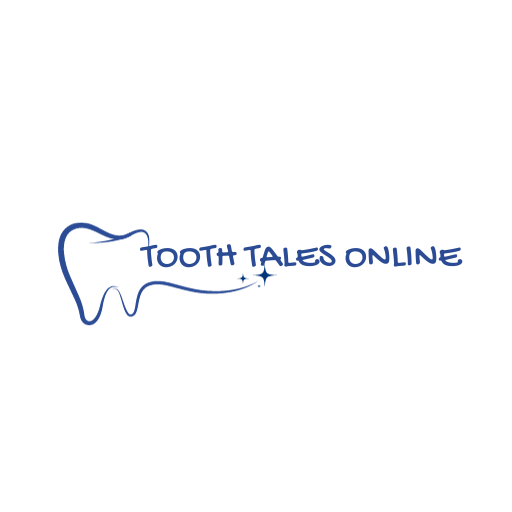
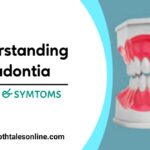
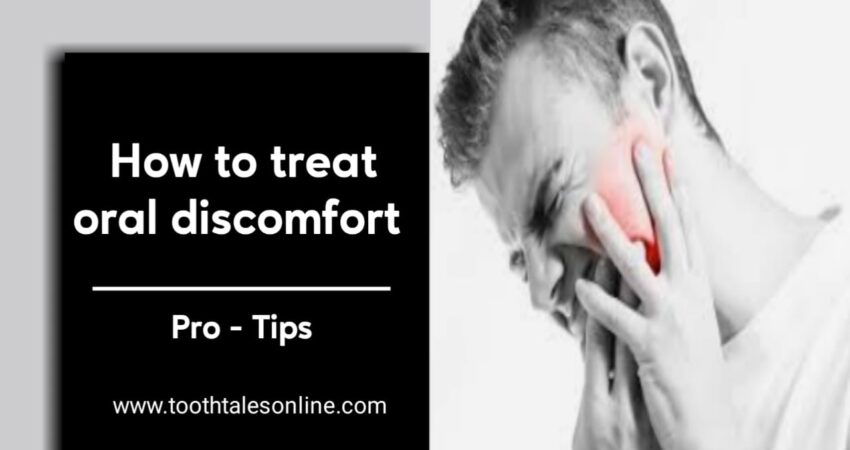




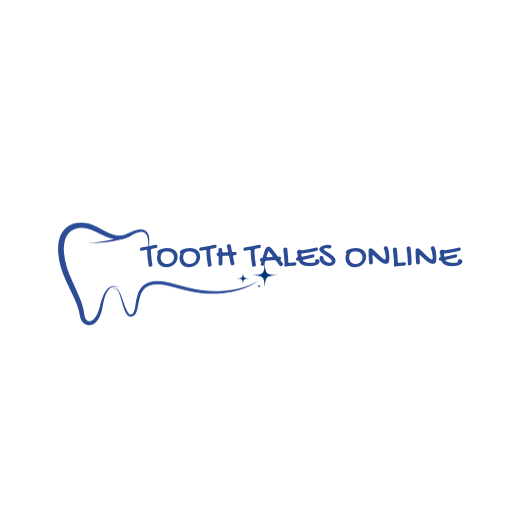
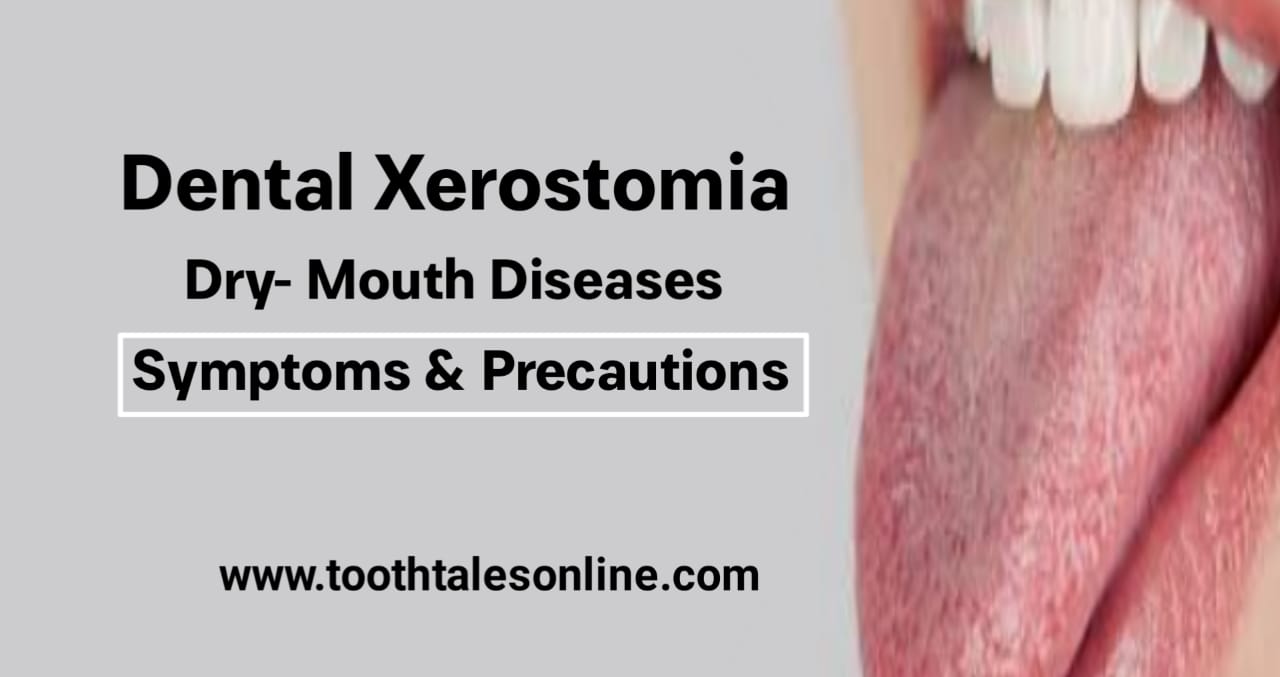
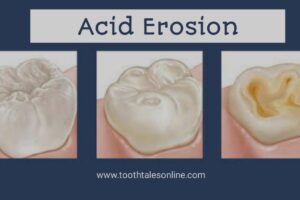












Add Comment